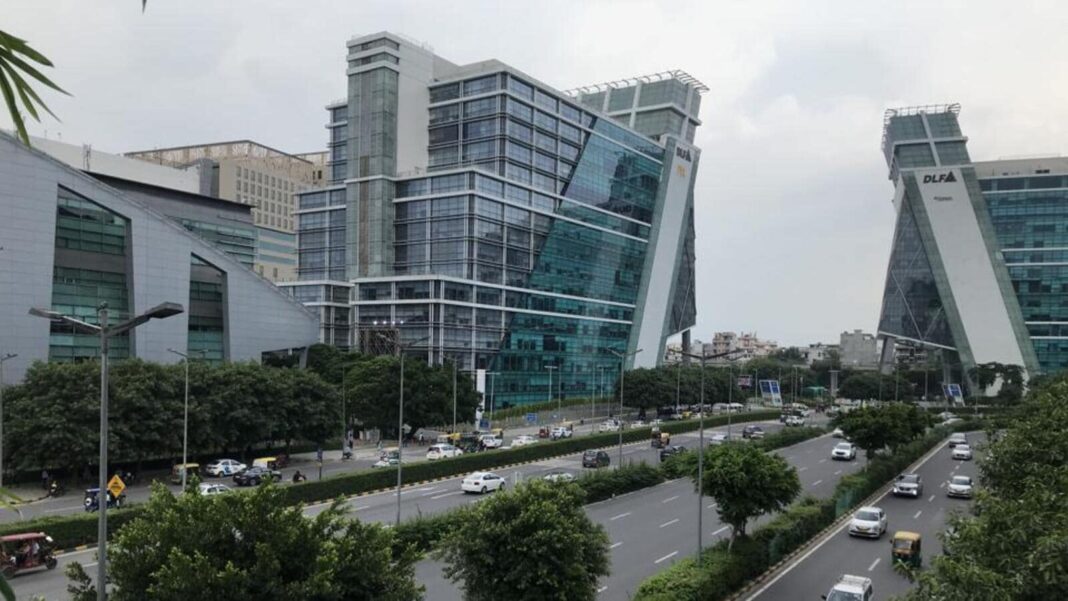[ad_1]
Hours after the Punjab & Haryana high court quashed a Haryana government law providing reservation to locals for private sector jobs, industry owners and associations across the state on Friday welcomed the verdict, calling the law an anti-business move that militated against the spirit of entrepreneurship.

The Haryana State Employment of Local Candidates Act, 2020, passed by state assembly on March 2, 2021, provided 75% reservation to candidates from the state in private sector jobs with a monthly salary of up to ₹30,000. The law was to remain in force for 10 years.
This was challenged in the high court by the Gurgaon Industrial Association (GIA) through a petition on December 16, 2021. This petition was later joined by associations from Faridabad, Rewari and other towns in the state.
JN Mangla, former GIA president, said the court has upheld the fundamental rights of workers and industry owners. “As a private entrepreneur, one should be free to hire a worker, and we had approached the high court as this law infringed on our rights. The court has validated our submission that every person from across the country has the right to work in Haryana. There can be no discrimination,” he said.
Industry leaders also said that jobs on shop floors of factories needed specialised skill sets, and it would take some time before a sizable number of local people were ready for these jobs.
“We are not against hiring local youth, but the government must create a talent pool so that we can hire them,” Mangla said.
Advocate Vishal Sharma, counsel for GIA said, “The high court had stayed the proposed reservation act in February 2022, after which the government approached Supreme Court for relief, which asked the high court to hear the matter again with no coercive action against industry owners.”
Local factory owners said after the law was proposed, many units slowed down their expansion, and a few even had plans to shift to neighbouring Rajasthan. “This is a positive decision and reiterates our faith in the judiciary. The reservation would have ruined industries as hiring and firing would have come under the ambit of bureaucracy, which knows little about running factories. Running an industrial unit is a high-risk work and this reservation would have made it more difficult,” said Manomohan Gaind, former general secretary, Manesar Industries Welfare Association, also a petitioner in the matter.
Manas Human, co-founder of Nagarro, a Gurugram-based IT company, said the court’s decision was a major relief for the private industry, particularly for BPO firms.
“IT firms were less impacted for now due to the salary benchmark, but that could have been changed in the future. Reservation and cosmopolitanism can’t go together… The government must train the youth in rural areas and make them industry ready,” he said.
BR Bhatia, former president of the Faridabad Industrial Association, said large industrial units in Haryana, particularly from the garment industry, are already losing business to China, Bangladesh and Vietnam. “If this law had come into force, it would have been a major setback to the industry. We welcome the decision as this law would have brought back the licence permit raj. This reservation was also against the fundamental rights of the citizens,” he said.
However, some residents of the state said they were unhappy with the high court decision.
Ramzan Chaudhary, former president of the Mewat Vikas Sabha, said reservations in jobs for state residents was necessary as industries take land and resources from the local ecosystem. “The land of the people in Nuh was acquired for industry. These farmers have no work or jobs, and they must be given reservations in factories set up in their area,” he said.
[ad_2]
Source link


